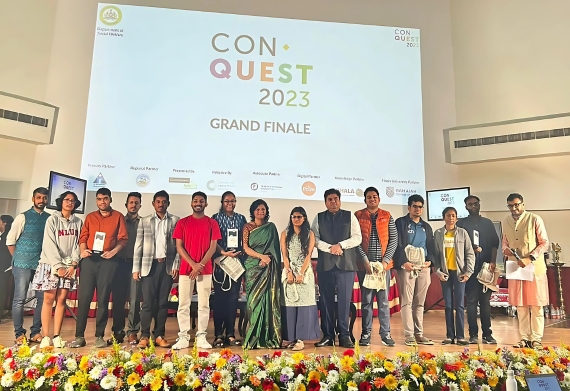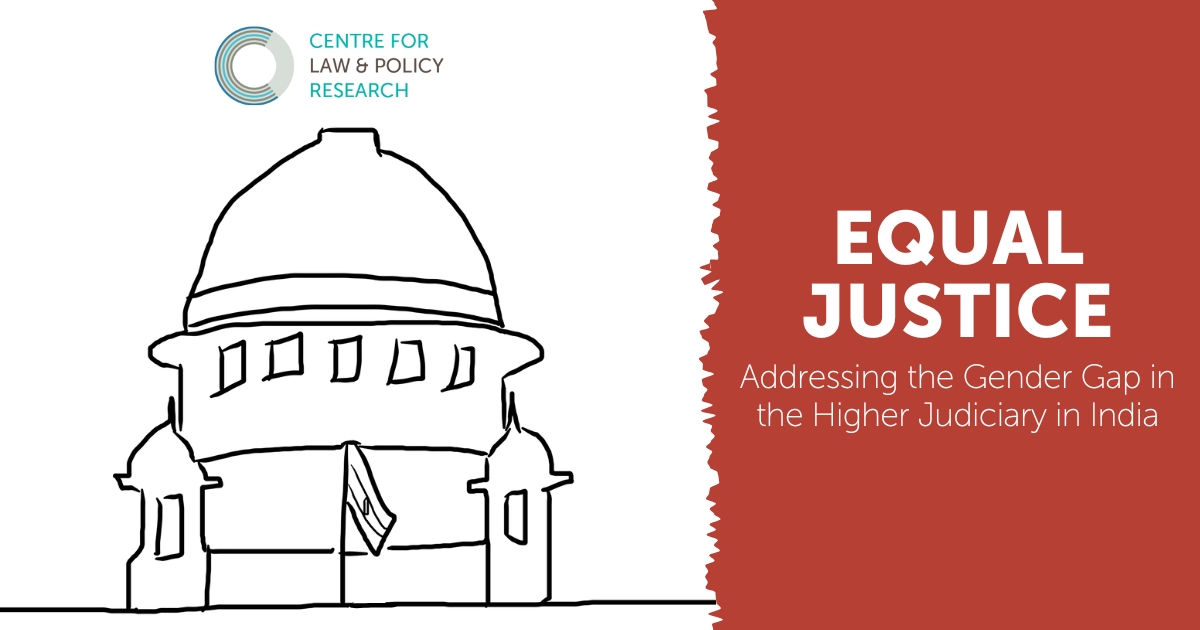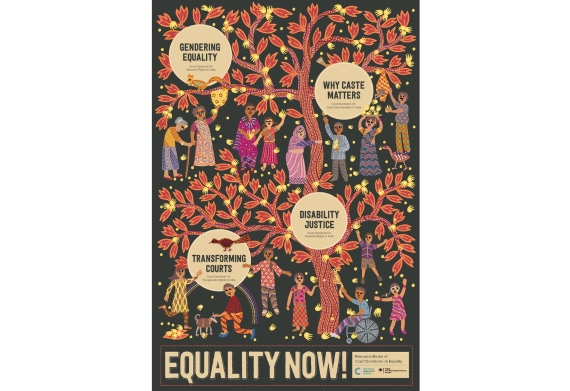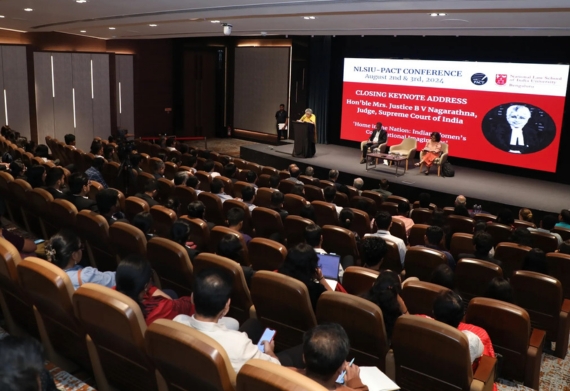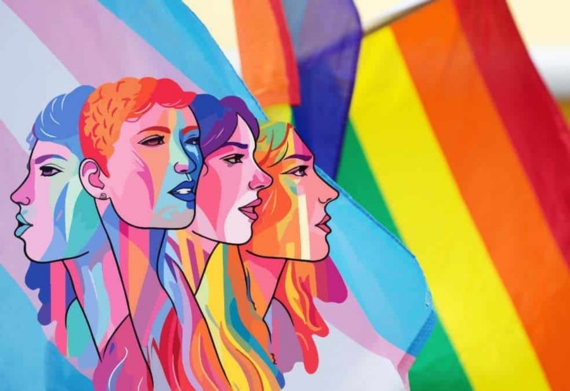ConQuest is an annual flagship quiz organised by the Constitution Culture team at Centre for Law and Policy Research. It serves as the public outreach arm of CLPR’s Constitutionofindia.net initiative. Since its launch in 2016, ConQuest has grown to become India’s largest quiz celebrating the Indian Constitution, History, and Politics.
ConQuest strives to foster a vibrant constitutional culture with the help of digital public goods and building civic education initiatives. Currently in its 8th edition (2024), ConQuest encourages undergraduate and graduate students from all disciplines, including natural sciences, social sciences, engineering, humanities, and law to engage with the Indian Constitution, law, politics, history, and current affairs.
In late October/November each year, the ConQuest team crisscrosses across India to conduct four regional rounds (East, West, North, and South) culminating in a national final. Each regional round consists of a preliminary and a regional final rounds held on the same day. The top two teams from each regional final compete at the national final.
Questions are drawn from ConstitutionofIndia.net – the world’s most accessed digital archive of Indian constitutional and political materials, along with commentary and analysis on contemporary affairs.
We have engaged with over 10000 students during our 7-season run and counting. CLPR strives to foster inclusivity in academic spaces. Therefore, while more than one team can participate from a single college, since 2019, we have made it mandatory that each team of three must have at least one non-male member.
CLPR believes that the Constitution must transcend boundaries and become a part of the common persons’ vocabulary and life. Therefore, through this public outreach programme, our goal is not only to increase student participation as competitors but also increase participation as audience members, fostering a broader constitutional conversation that involves as many people as possible. Therefore, we encourage students and faculty to observe the quiz as audience members who often enthusiastically answer questions that no team was able to resolve.

